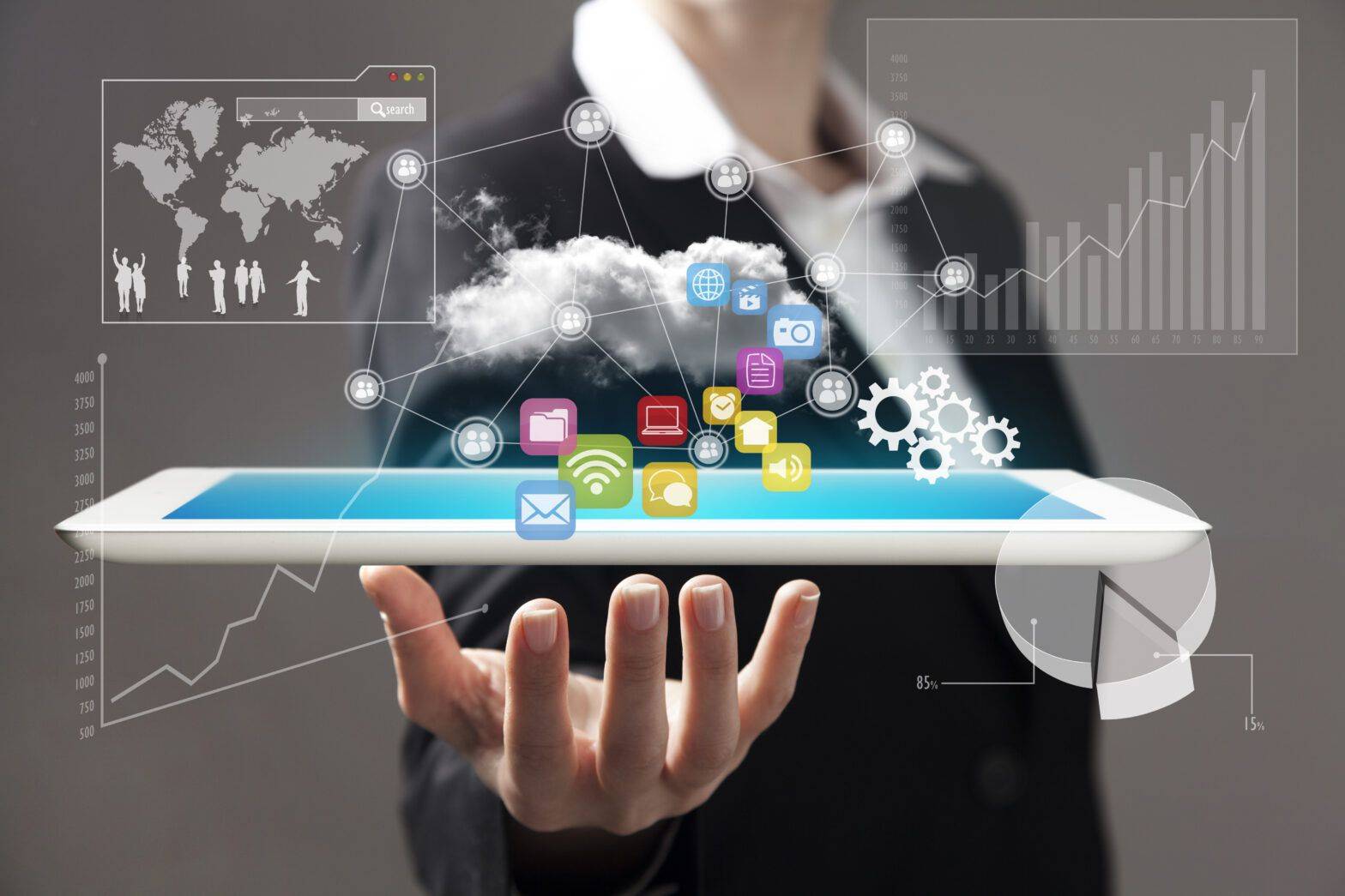The Internet of Things (IoT) has emerged as a transformative technology, connecting everyday objects to the internet and enabling communication between devices. From smart homes and wearables to industrial applications, the IoT has revolutionized the way we interact with our surroundings. This article explores the IoT's impact on everyday life, discussing its benefits, applications, and potential challenges.
1. Enhanced Convenience and Efficiency:
The IoT offers unparalleled convenience by connecting various devices and streamlining everyday tasks. Smart home systems allow users to control lighting, temperature, security, and appliances remotely through their smartphones. This level of connectivity brings added comfort, energy efficiency, and cost savings to households. For instance, homeowners can adjust thermostat settings while at work or receive alerts about potential security breaches.
2. Improved Healthcare and Wellness:
The IoT has transformed healthcare by enabling remote patient monitoring, wearable devices, and connected medical equipment. Healthcare providers can remotely monitor patients' vital signs, enabling proactive interventions and reducing hospital visits. Wearable devices, such as fitness trackers and smartwatches, track activity levels, heart rate, and sleep patterns, empowering individuals to monitor and improve their wellness.
3. Smart Cities and Sustainable Living:
The IoT plays a pivotal role in creating smart cities that optimize resource utilization, reduce congestion, and enhance quality of life. Connected infrastructure, such as smart traffic management systems and intelligent waste management, improves traffic flow, reduces emissions, and enhances sustainability. IoT sensors in parking lots can guide drivers to available spots, minimizing time spent searching for parking and reducing congestion.
4. Industrial Applications and Efficiency:
In the industrial sector, the IoT has ushered in the era of Industry 4.0, bringing increased efficiency, productivity, and predictive maintenance. Connected sensors and devices enable real-time monitoring of equipment, helping detect potential issues and schedule maintenance before failures occur. This proactive approach minimizes downtime, optimizes production, and reduces costs.
5. Agriculture and Environmental Monitoring:
The IoT has revolutionized agriculture by providing farmers with real-time data on soil moisture, weather conditions, and crop health. Connected sensors and automated systems enable precise irrigation and fertilization, optimizing resource usage and maximizing crop yields. Environmental monitoring through IoT devices helps detect pollution levels, improve air quality, and preserve natural resources.
6. Data Security and Privacy Challenges:
While the IoT offers numerous benefits, it also presents challenges, particularly regarding data security and privacy. Connected devices generate massive amounts of data, raising concerns about unauthorized access, data breaches, and misuse. Robust security measures, encryption protocols, and user awareness are crucial to protect personal information and ensure a secure IoT ecosystem.
7. Interoperability and Standardization:
Interoperability and standardization are essential for the seamless integration and scalability of IoT solutions. Devices from different manufacturers must communicate and share data effectively. Developing open standards and protocols facilitates interoperability, encourages innovation, and avoids vendor lock-in.
8. Ethical Considerations and Privacy Concerns:
As the IoT pervades our lives, ethical considerations arise concerning data collection, consent, and the potential for surveillance. Striking a balance between innovation and privacy protection is crucial. Transparent data practices, clear consent mechanisms, and robust privacy regulations are necessary to safeguard individual rights and maintain public trust.
Conclusion:
The Internet of Things has transformed everyday life, offering convenience, efficiency, and improved experiences across various sectors. From smart homes and healthcare to industrial applications and sustainable living, the IoT's potential is vast. However, addressing security, privacy, interoperability, and ethical concerns is essential for unlocking the full potential of this transformative technology. By harnessing the power of the IoT responsibly, we can create a connected world that enhances our lives while safeguarding our values and privacy.




No comments yet
Be the first to share your thoughts!